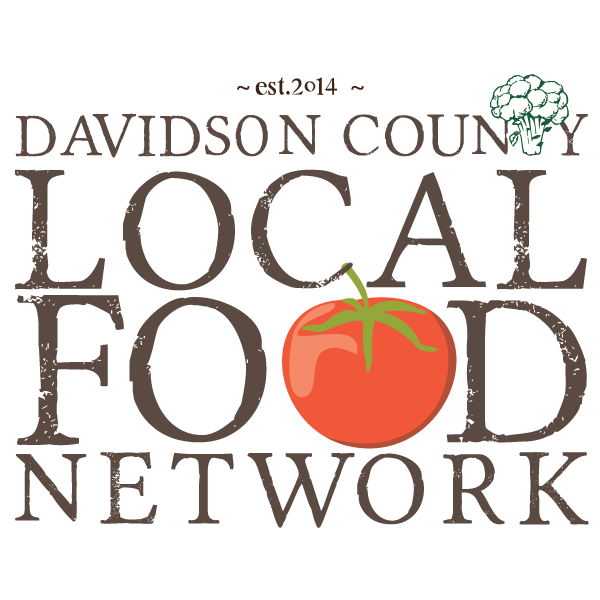Winter Crops & Preserving Traditions
When the air turns crisp and the leaves fade to gold, Piedmont farms shift into their winter rhythm. While many think of summer tomatoes and sweet corn as the stars of North Carolina agriculture, winter has its own quiet heroes—especially winter squash.
Winter Squash: A Cold-Weather Staple
The Piedmont region produces a variety of winter squashes that thrive in cooler weather. Butternut, acorn, delicata, and spaghetti squash are just a few favorites you’ll see at local farms and markets. These hardy vegetables store beautifully and provide a steady source of nutrition throughout the cold months.
Winter squash is naturally rich in fiber, vitamin A, vitamin C, and potassium—helping boost immunity and support heart health when we need it most. Roasted, pureed into soups, baked into casseroles, or even spiralized as a pasta substitute, winter squash is one of the most versatile vegetables you can enjoy all season long.
And of course, the sweet potato remains a Piedmont staple—beloved not just for its flavor but also for its role as North Carolina’s official state vegetable. Together, these root and storage crops define much of our winter table.
Preparing for Winter: Storing & Preserving the Harvest
As daylight shortens, many Piedmont families still rely on age-old practices to make the most of their harvest. Storage crops like squash, sweet potatoes, onions, and apples can keep for months in a cool, dark place—bringing fresh flavor to the winter pantry.
But beyond storage, food preservation methods like canning and fermenting allow families to enjoy summer’s abundance year-round. Canning jams, tomatoes, and pickles preserves peak-season flavor, while fermenting vegetables like cabbage into sauerkraut or kimchi adds tang and probiotics to winter meals.
Health Benefits of Canning & Fermenting
Canning locks in nutrients at the time of harvest, letting you enjoy fruits and vegetables when they’re at their best. Fermenting, on the other hand, not only preserves produce but also creates beneficial bacteria that support gut health and strengthen the immune system. Together, these traditions keep the winter diet both nutritious and exciting.
The Tradition Continues
Here in the Piedmont, winter isn’t a pause—it’s a season of resilience and resourcefulness. Whether you’re enjoying roasted butternut squash, opening a jar of homemade preserves, or topping your plate with tangy fermented vegetables, you’re participating in a tradition that connects our farms to our tables, generation after generation.
So this winter, celebrate the season with the bounty grown right here in the Piedmont. Stock your pantry, savor the flavors, and remember that every jar, root cellar, and roasted squash ties us back to the land.


